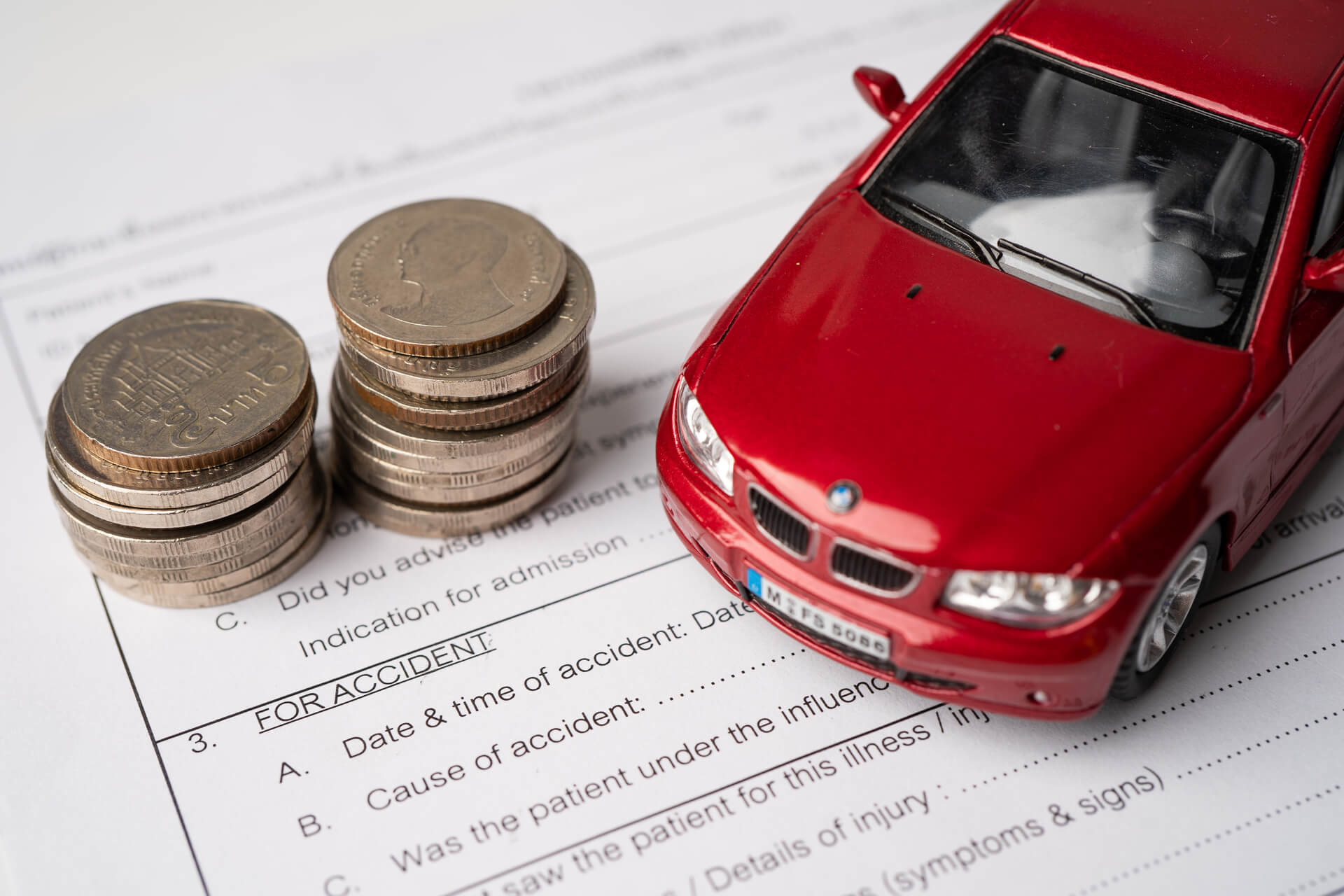
The Psychology Behind Filing a Claim — When Emotion Costs You More

by Erin Anderson
You get into a minor fender bender. Maybe it's your fault. Maybe it isn't. The damage doesn't look that bad — just a cracked bumper or a scraped panel. You're frustrated, maybe a little shaken, and without thinking too hard, you do what feels natural:
You file a claim.
And just like that, a $1,000 repair could cost you hundreds more over the next few years — all because of one decision made in the heat of the moment.
Welcome to the emotional side of car insurance — where gut reactions, stress, and the need for justice can quietly chip away at your finances. Here's why filing a claim isn't always the smartest move, and how to keep your cool (and your money) when it counts.
Fight-or-Flight… and File?
After an accident, your brain floods with stress hormones. You're likely upset, possibly angry — and definitely not thinking like a rational cost-benefit analyst.
This is when many drivers hit that internal panic button and rush to file a claim without asking:
- "How much is the damage, really?"
- "Would it make more sense to pay out of pocket?"
- "Will this raise my premium?"
Insurance is designed to help in tough moments, but not every claim is worth filing. Especially if:
- The damage is close to or below your deductible
- No one is injured
- You're unlikely to be reimbursed for much
- You've filed other claims recently (which could flag you as high-risk)
When a $600 Claim Costs You $1,200
Let's break it down:
Say you file a claim for $1,100 in damage. Your deductible is $500, so your insurer covers the remaining $600.
But here's the catch: that small claim could raise your premium by $200 to $400 per year for the next three to five years— especially if it's your second or third recent claim. That means you may end up paying way more than the repair would've cost upfront.
📌 Small Claim, Big Consequences:
Even "minor" claims can lead to:
- Higher premiums
- Loss of accident forgiveness
- Non-renewal from your insurer (in rare cases)
The "Justice Filing" Trap
Some people file claims because they feel wronged — not because it's financially wise.
Example:
You come out of a store and find your car door dented. No note, no witnesses. You're angry — and understandably so.
But if your deductible is $750 and the damage is estimated at $800, you might only get a check for $50… after potentially triggering a rate increase.
Emotionally satisfying? Maybe.
Financially smart? Probably not.
The same goes for at-fault accidents where you're tempted to file out of guilt or a sense of fairness — even when the damage is minor and affordable.
The "Claim Personality" Profile
Believe it or not, some insurers track behavior patterns across their customers. People who file frequent, small claims may be labeled as higher risk — even if they drive safely. Why?
Because those patterns suggest a mindset:
- Quick to claim
- Possibly high-maintenance
- More likely to litigate or dispute decisions
In contrast, drivers who rarely file — or only do so in serious situations — are often rewarded with lower premiums, loyalty perks, or accident forgiveness.
How to Pause, Assess, and Save
If you're ever in a situation where a claim might be necessary, take a breath and run through this checklist:
✅ Is anyone injured? (If yes, file. Always.)
✅ How bad is the damage — and what's your deductible?
✅ Have you gotten a repair estimate? (You might be surprised how
low it is.)
✅ Could this affect your rate or record for years?
✅ Have you filed claims in the last 3–5 years?
And finally:
✅ Can you afford to pay out of pocket? If so, and the damage is minor, it may be smarter in the long run.
The Bottom Line:
The smartest drivers aren't just good behind the wheel — they know when not to use their insurance. Insurance exists to protect you — but it's also a business, and every claim tells a story. If you file out of frustration, impulse, or a sense of "justice," you might end up paying far more than you recover.
So the next time something happens on the road, take a breath. Step back. Look at the numbers before you let emotions drive the decision.
👉 Need help deciding whether to file or not?
Talk to your insurance agent — and take a minute to compare quotes. A quick question (or two) now can save you a lot down the line.